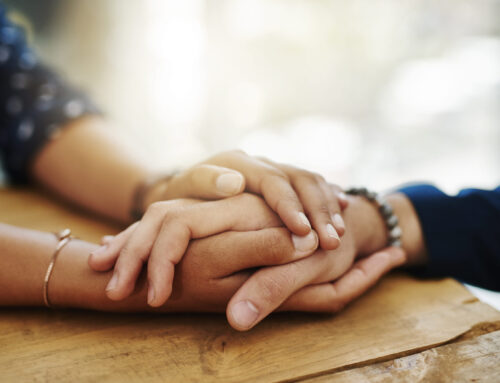
Codependency is a dysfunctional relationship in which one person enables the actions of the other. They might enable addictive behaviors and substance abuse, including alcohol or drugs use. Additionally, other aspects of their personality could include immaturity, under-achievement, or irresponsibility. It is a condition in which a person relies on a loved one for meeting all of their self-esteem and emotional needs. Signs of codependency can be evident in the form of an unhealthy and unbalanced relationship, leading to the need for help from an experienced therapist.
Is Codependency a Mental Illness?
Codependency is not considered a mental illness. However, it can lead a person to experience feelings of shame, low self-esteem, or mental disorders such as eating and food issues, anxiety, depression, dependent personality, or borderline personality.
In addition, the person with codependency is also at risk of substance abuse either to avoid emotions that are difficult to handle or to bond with an addicted partner. A mental health specialist can identify the cause and will recommend addiction treatment, family therapy, or other therapy options as required.
What Causes Codependency?
Many reasons can lead a person to be codependent in a relationship. To examine cases of codependency, it is important to determine the causes so you can focus on these underlying issues.
Signs of codependency can be linked to childhood in which emotions were punished and ignored that resulted in shame and low self-esteem, one or both parents not fulfilling their duties, someone belonging to an emotionally abusive family, or having parents who exhibit codependency.
How do you know if your loved one is codependent? Look out for the following signs of codependency:
Wants Everyone to Like Them
Codependent people often seek the approval of others. They build their self-worth and self-esteem by doing what others need in an effort to receive acceptance, love, and approval from others.
Unable to Address Their Feelings
Your codependent loved one may have difficulties in articulating their emotions and feelings. This can be caused by codependent people thinking that their emotions and feelings don’t matter to others.
Wants People to Rely on Them
Being caring and helping your partner is one thing, and everyone loves to be taken care of. But if your loved one doesn’t want you to be self-sufficient and encourage your dependency, this may be a sign of codependency.
Displays Control Issues
If your loved one is codependent, they will likely try to exert control over you. Codependent people link their thoughts and feelings to someone else. So, if you fail at something, they tend to share the feelings of failure. Therefore, they try to control you and others to get the desired results.
Defends Their Partner’s Behaviors
Codependent people often don’t recognize that their partner may have a problem. As a result, they defend the bad behavior of their partner. They often deflect problems onto others or specific situations rather than hold a codependent person accountable.
Other signs of codependency include:
- Fear of abandonment
- Difficulty in making decisions
- Problems with boundaries/intimacy
- Setting unrealistic expectations
- Feel like a victim
- Problem saying no to requests
If you observe any of these signs, you should consider seeking professional help. If you or your loved one is addicted to drugs or alcohol, addiction therapy may be a viable treatment option. And family therapy can help in creating healthy relationships and addressing the root causes of codependency.
Treatment with Codependency is Available at the Georgia Addiction Treatment Center
Your first step to helping a loved one is to look for signs of codependency. The Georgia Addiction Treatment Center can help you in your unique struggle in achieving long-term recovery. Call our team of experts at [Direct] to make an appointment today!




